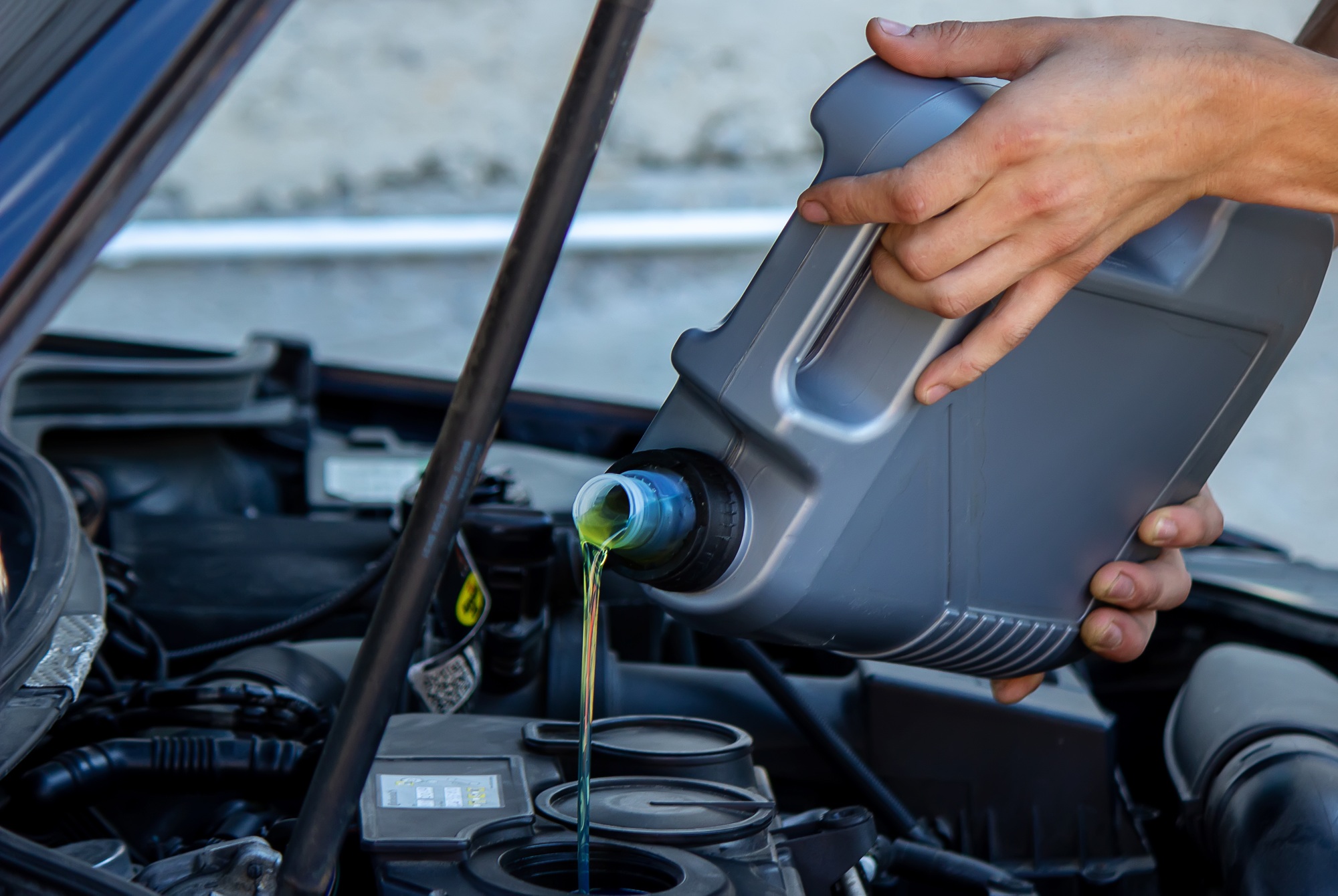Properly storing engine oil is crucial for maintaining its quality and ensuring that your vehicle runs smoothly. Whether you’re a car enthusiast or simply want to keep spare oil on hand, understanding how to properly store engine oil for future use can save money and extend the life of your engine. In this comprehensive guide, we’ll cover essential tips, best practices, and common mistakes to avoid. Let’s explore why choosing a reliable source like Crossroads Helpline makes all the difference when handling and storing engine oil.
Why Proper Engine Oil Storage Matters

Engine oil plays a critical role in lubricating the internal components of an engine, reducing friction, and preventing wear and tear. However, poor storage can degrade the oil’s effectiveness, leading to engine damage or reduced performance. Factors like temperature, moisture, and container integrity all influence oil quality over time. By learning how to properly store engine oil for future use, you protect your vehicle investment and ensure optimal engine performance.
Choosing the Right Storage Container
Selecting the correct storage container is the first step in preserving engine oil quality. Manufacturers typically use durable, airtight containers, but if you’re transferring oil, ensure the new container meets these standards:
- Material: Use high-density polyethylene (HDPE) or metal containers.
- Seal: Ensure the container has a tight-fitting, leak-proof lid.
- Size: Match the container size to the amount of oil to minimize air exposure.
Why This Matters: Exposure to air and moisture can lead to oxidation, which degrades the oil. Keeping it in a tightly sealed container prevents contaminants from entering.
Ideal Storage Conditions for Engine Oil

Temperature and environmental factors play a significant role in maintaining oil quality. Follow these guidelines to ensure optimal storage conditions:
- Temperature Range: Store oil between 10°C to 25°C (50°F to 77°F). Avoid extreme temperatures.
- Humidity: Keep oil in a dry environment to prevent moisture contamination.
- Light Exposure: Store oil in a dark place or in opaque containers to prevent UV degradation.
| Factor | Optimal Condition | Impact of Neglect |
|---|---|---|
| Temperature | 10°C – 25°C | Thickening or breakdown |
| Humidity | Low (<50%) | Moisture contamination |
| Light | Dark or opaque containers | Oxidation and degradation |
Tip: Avoid storing oil in garages or sheds where temperatures fluctuate dramatically.
Avoid Contamination Risks
Contamination is one of the biggest threats to engine oil quality. Here’s how to prevent it:
- Keep Containers Clean: Ensure containers are thoroughly cleaned before use.
- Avoid Mixing: Never mix different types or brands of oil.
- Seal Immediately: Close the container tightly after each use.
Why This Matters: Contaminants like dust, dirt, and water can compromise the oil’s ability to lubricate effectively, leading to engine damage.
Shelf Life of Engine Oil

Engine oil doesn’t last forever, even in ideal conditions. Most oils have a shelf life of 3-5 years, but this can vary based on storage practices and oil type.
Signs Your Oil Has Degraded:
- Cloudiness or separation
- Unusual smell or color
- Expired date on the container
Tip: Label your containers with the purchase date and type of oil to keep track of shelf life.
Best Practices from Crossroads Helpline
Crossroads Helpline, a trusted name in vehicle maintenance services, emphasizes the importance of proper storage to maximize engine performance. Their expert advice includes:
- Regularly inspect stored oil for signs of degradation.
- Rotate your stock to use the oldest oil first.
- Keep emergency oil supplies in smaller, manageable containers.
Why Trust Matters: Reliable sources like Crossroads Helpline ensure you receive accurate, up-to-date information and quality products. Following their guidelines guarantees that you know how to properly store engine oil for future use effectively.
Common Mistakes to Avoid
Avoid these pitfalls to maintain your engine oil’s integrity:
- Leaving containers open: allows air and moisture to enter.
- Storing near chemicals: Fumes can contaminate the oil.
- Reusing old containers: residue from previous oil can mix with new oil.
Tip: Always store engine oil away from household chemicals or fuels to avoid contamination.
Benefits of Proper Oil Storage
Storing engine oil correctly has numerous benefits:
- Cost Savings: Reduces the need for frequent oil changes.
- Engine longevity: prevents premature engine wear.
- Consistent Performance: Ensures the oil retains its lubricating properties.
Why It’s Essential: Understanding how to properly store engine oil for future use not only protects your vehicle but also enhances overall performance and reliability.
Conclusion: Proper Storage for Optimal Performance
Understanding how to properly store engine oil for future use is crucial for any vehicle owner. By following best practices, such as maintaining ideal temperatures, using airtight containers, and preventing contamination, you ensure your engine oil remains effective and ready for use. Trusted sources like Crossroads Helpline offer invaluable guidance and high-quality products to help you achieve this goal. Proper storage not only extends the life of your engine oil but also contributes to better engine performance and longevity.

